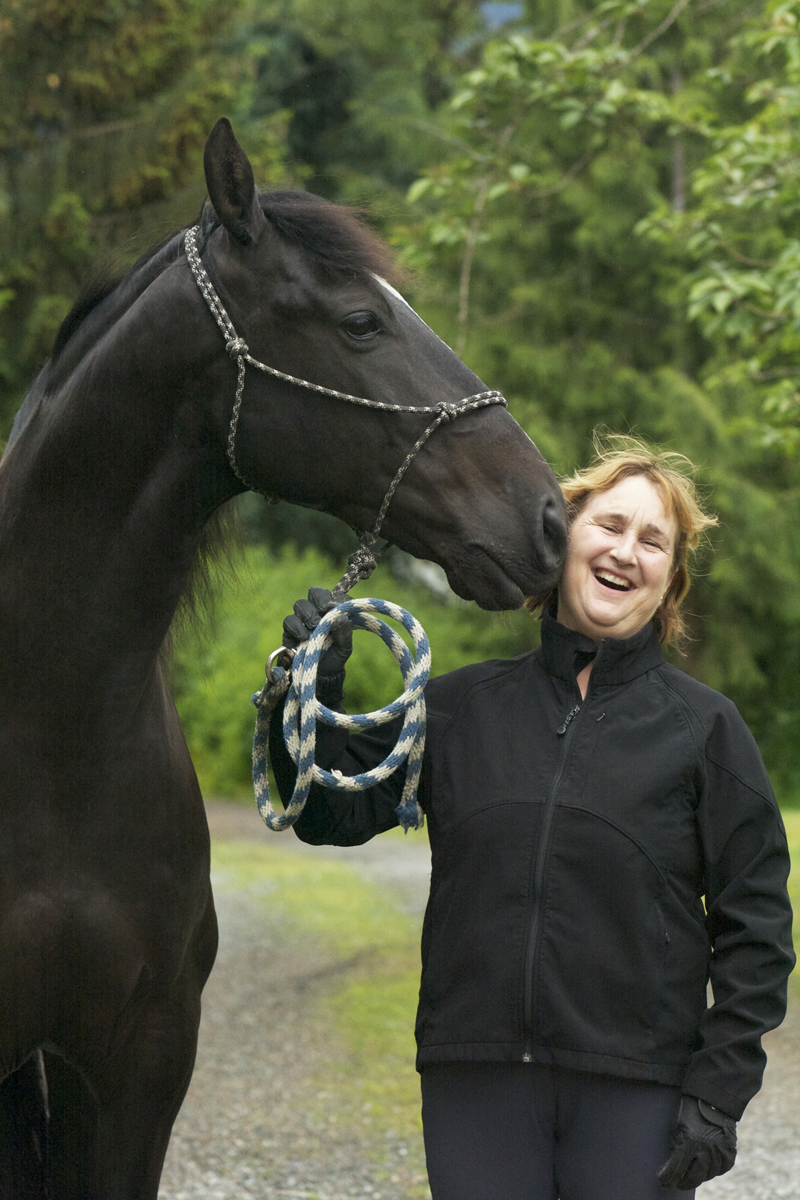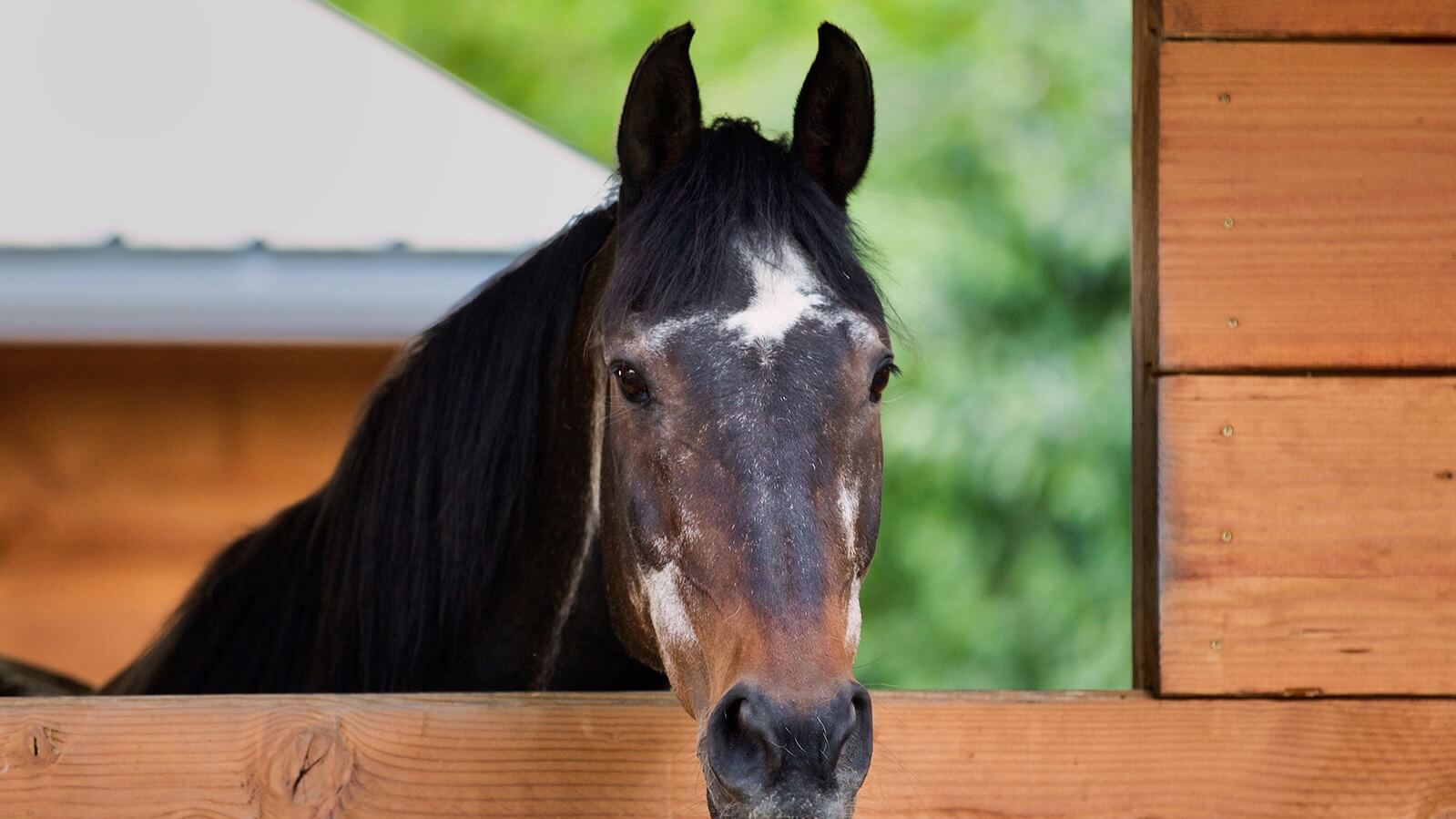Decades ago, before the advancement in veterinary care we now enjoy, horses over the age of 20 were considered very old and rarely ridden. They were “put out to pasture” and unfortunately often forgotten about. These days though, many horses in their 20s (and beyond) still live useful and productive lives as pleasure mounts, show horses or, like the Senior Horse Essay Contest winners featured in this issue show, as therapy horses.
Horses in their senior years, say over 17, are some of the best horses you can own for pure enjoyment and wonderful riding. If they’ve been well trained and cared for all their lives, much of the drama and difficulties found in working with and riding younger horses is long gone. The senior horse is a joy to be around. The experienced older horse can be safer, saner, and, well, smarter than his younger friends.
Senior horses should be treasured and cared for as long as possible. Keep them going and doing a job for as long as possible for their sake as well as yours. Just like people, once they stop doing and moving, they often decline and can’t be brought back to usefulness easily.
That’s not to say we shouldn’t be aware of the health issues our older horses might be experiencing. They do at times need special care and maintenance. Being aware of declining health might mean a change to gentler pasture buddies, different feeds like senior horse pellets instead of hay, or products such as joint supplements, and their job might need to be less physically demanding.
We know with all old creatures that the clock is getting closer to running out, and that makes the time we spend with our senior friends seem all the more special. I have two senior horses in my life: Gunner is 19 and Beowulf (Wulf) is 31. Wulf is nearly blind and also hard of hearing. He rarely lies down due to some arthritic issues and has become increasingly anxious if he doesn’t have another horse very close.
These signs are unmistakable—I’ve been here before with other old horses, and the sense of dread is somedays overwhelming. Deciding “when it’s time” is one of the most difficult things we go through as horse owners. For now, I spend lots of time with my old man Wulf, just hanging out in the stall and paddock. I bring him buckets of soft pellets to chew on and tell him over and over how much I love him.

Kim Roe grew up riding on the family ranch and competed in Western rail classes, trail horse, reining, working cow, and hunter/jumper. She trained her first horse for money at 12 years old, starting a pony for a neighbor.
Kim has been a professional dressage instructor in Washington state for over 30 years, training hundreds of horses and students through the levels. In recent years Kim has become involved in Working Equitation and is a small ‘r’ Working Equitation judge with WE United.
Kim is the editor of the Northwest Horse Source Magazine, and also a writer, photographer, and poet. She owns and manages Blue Gate Farm in Deming, Washington where she continues to be passionate about helping horses and riders in many disciplines.

